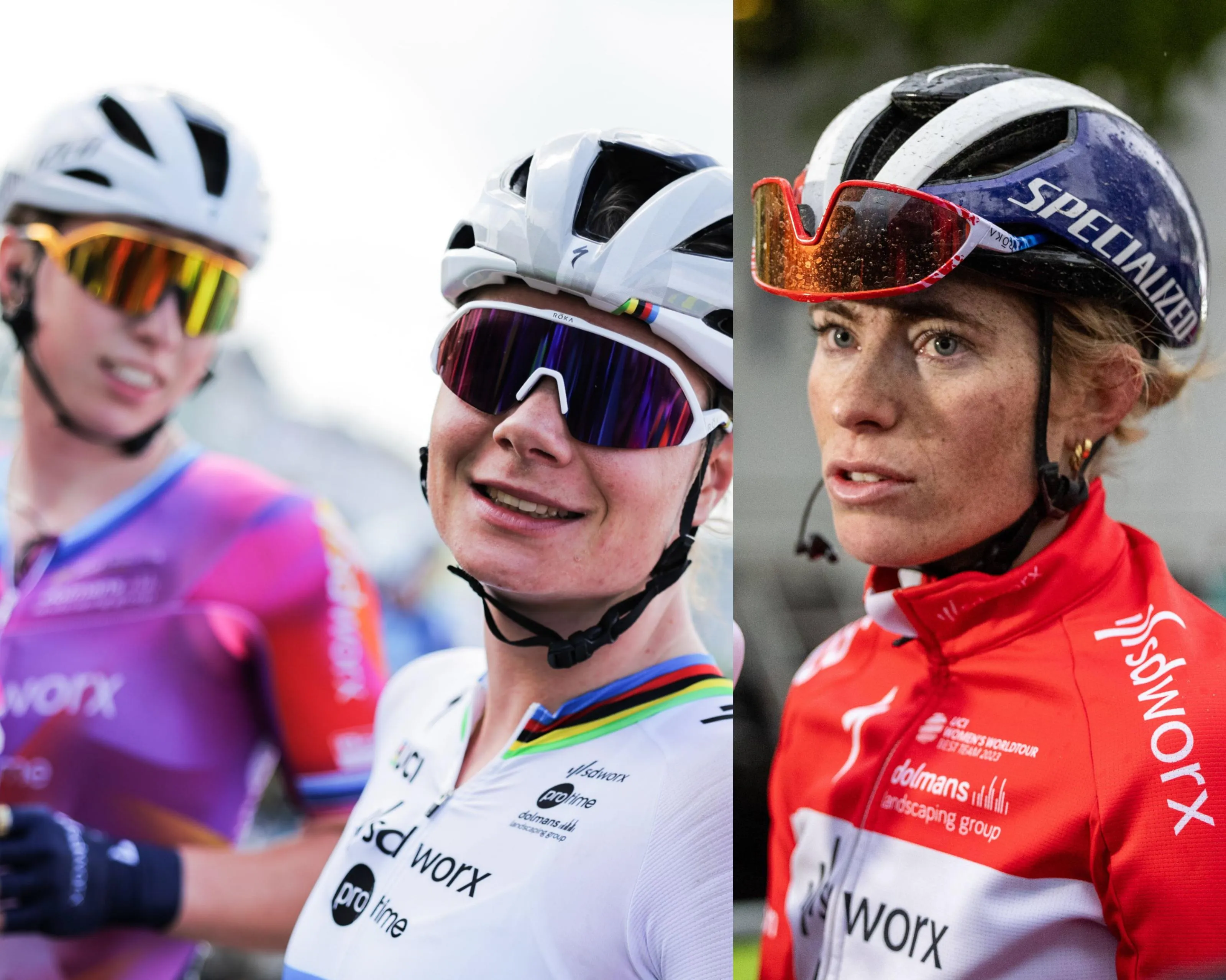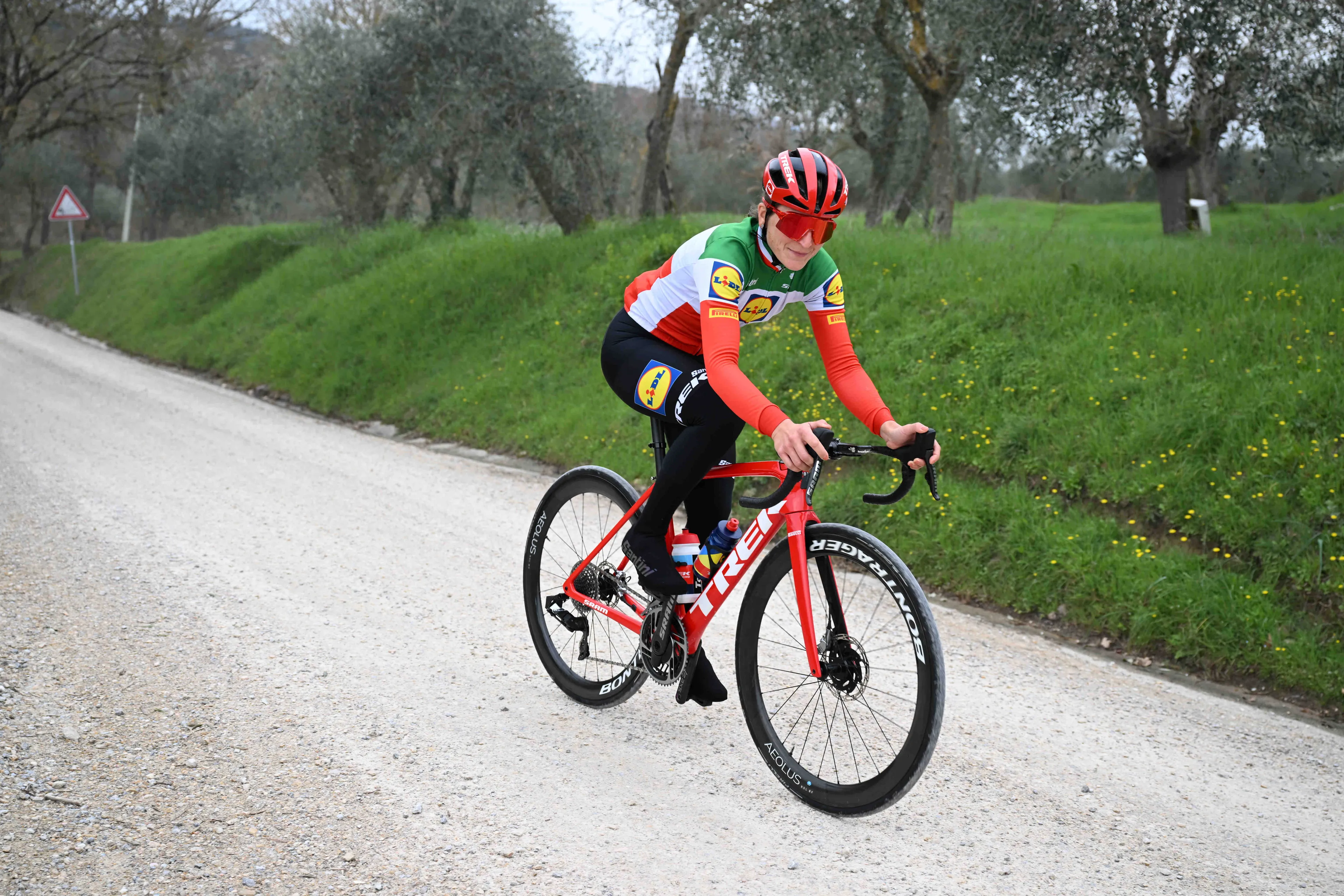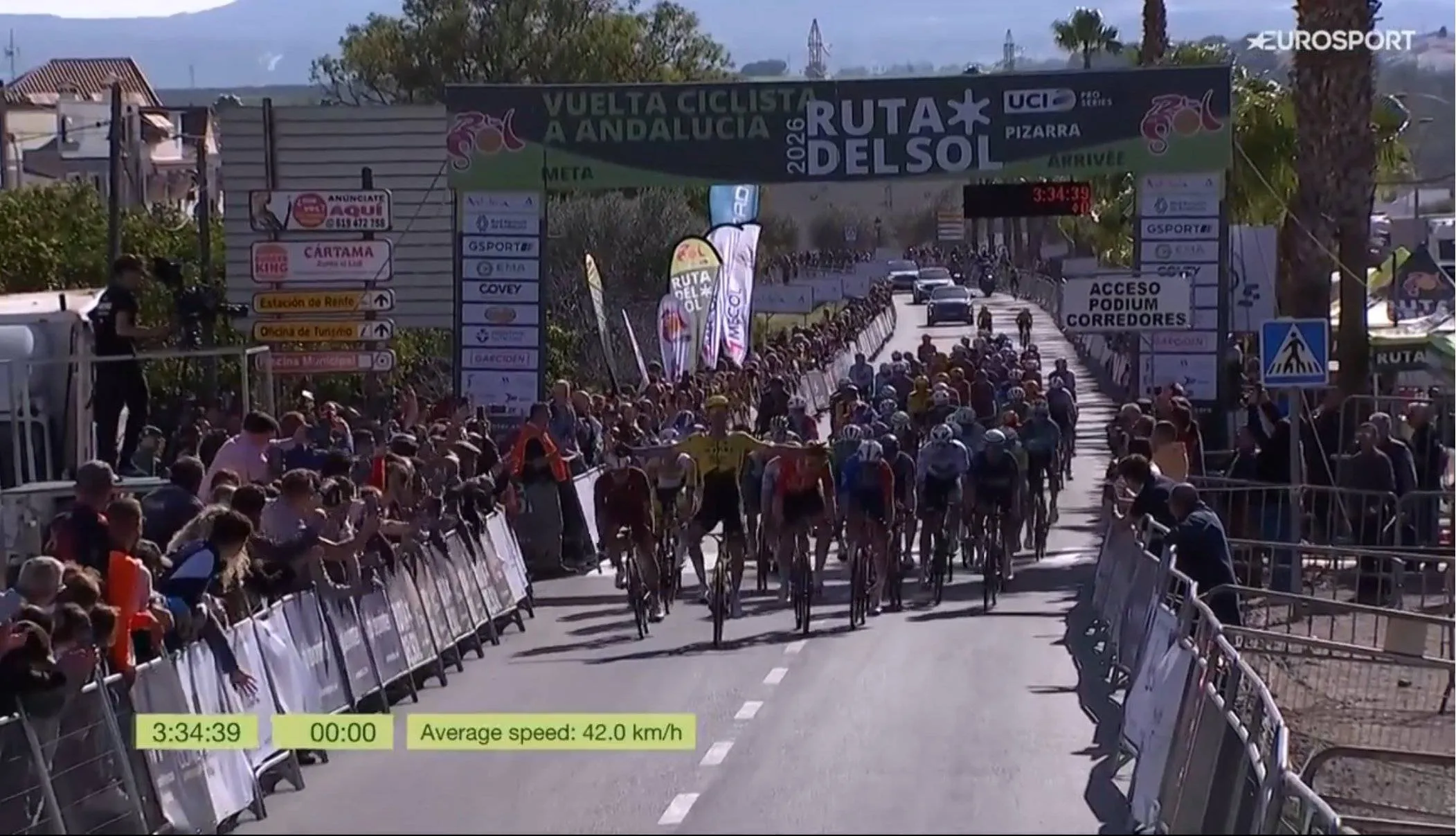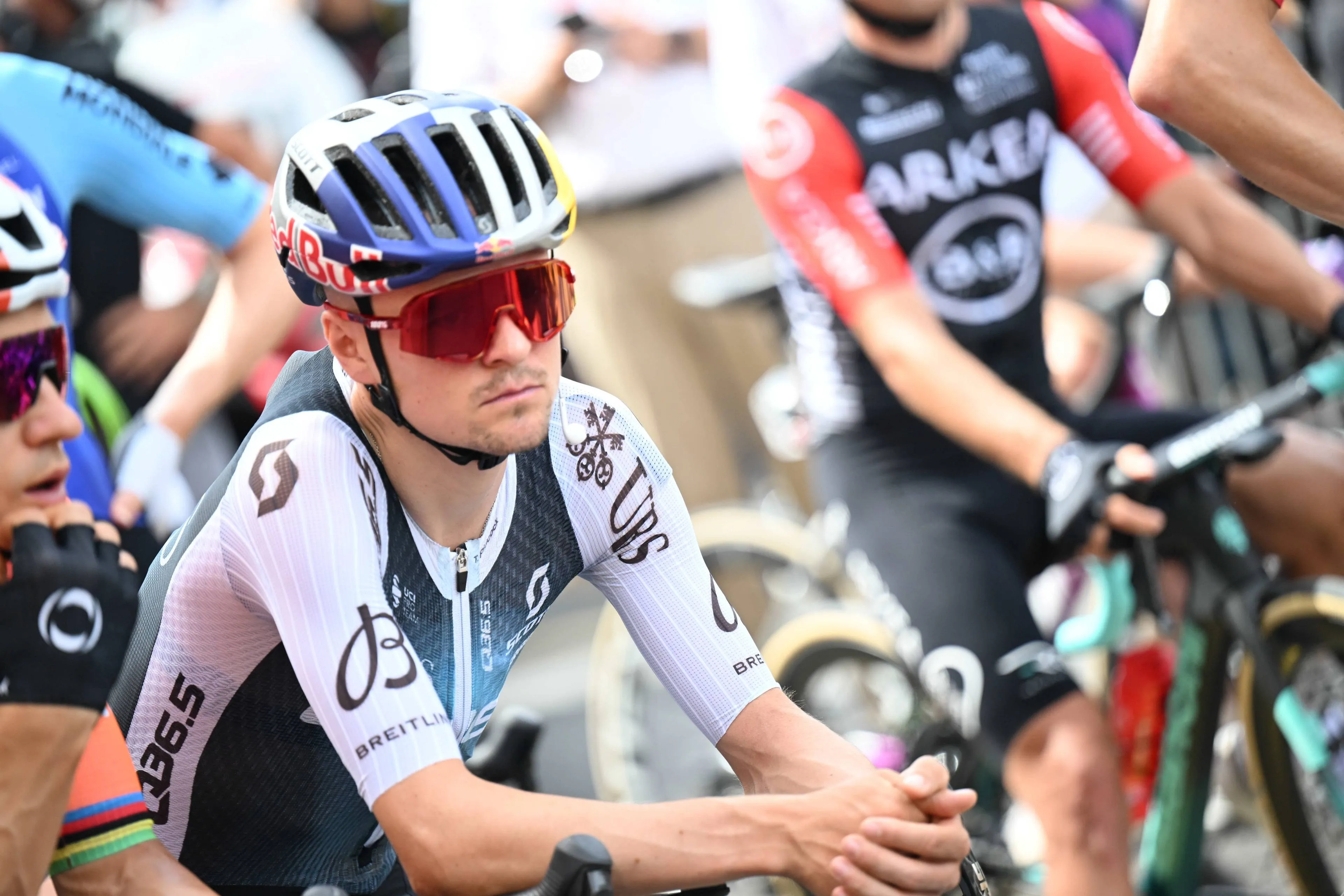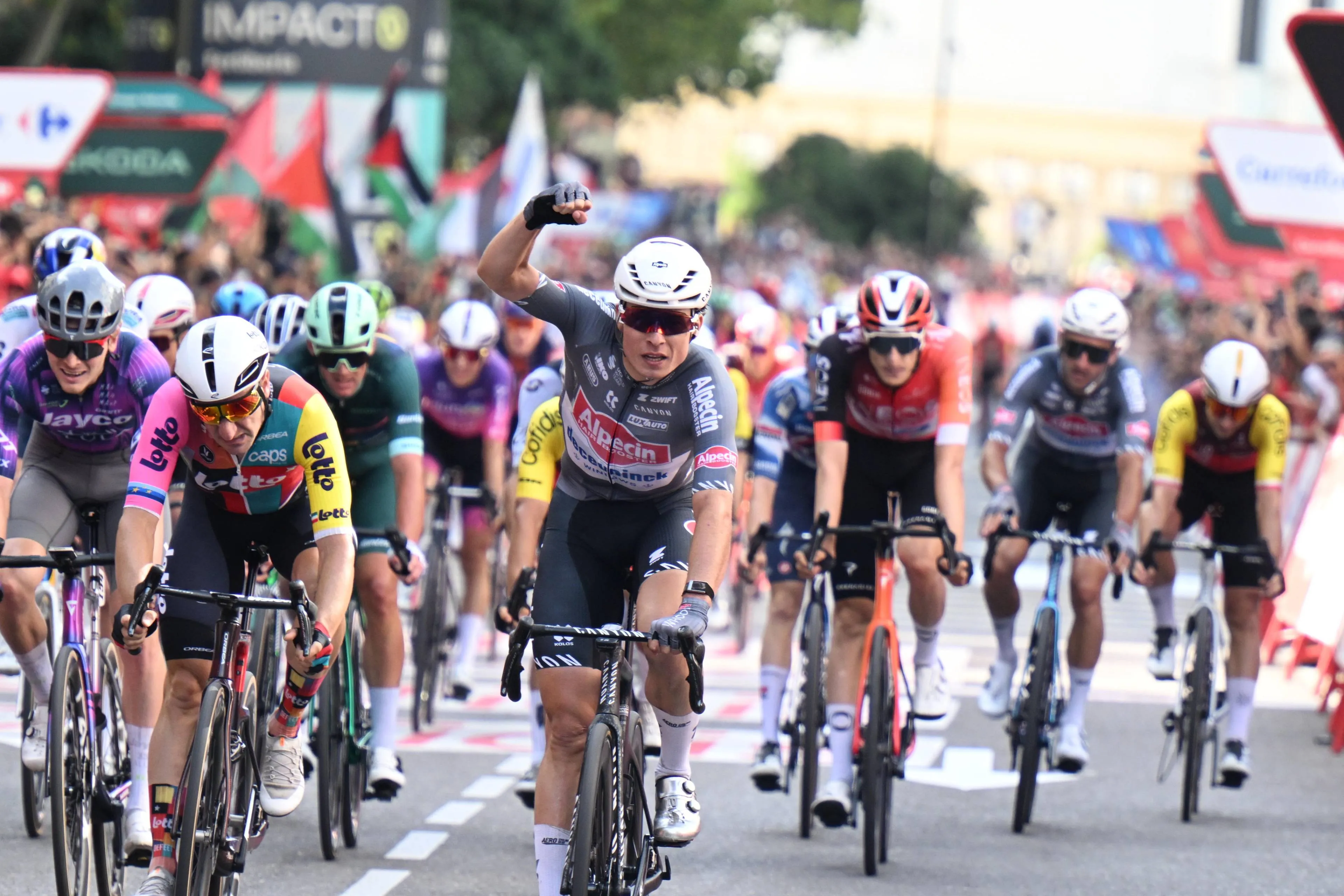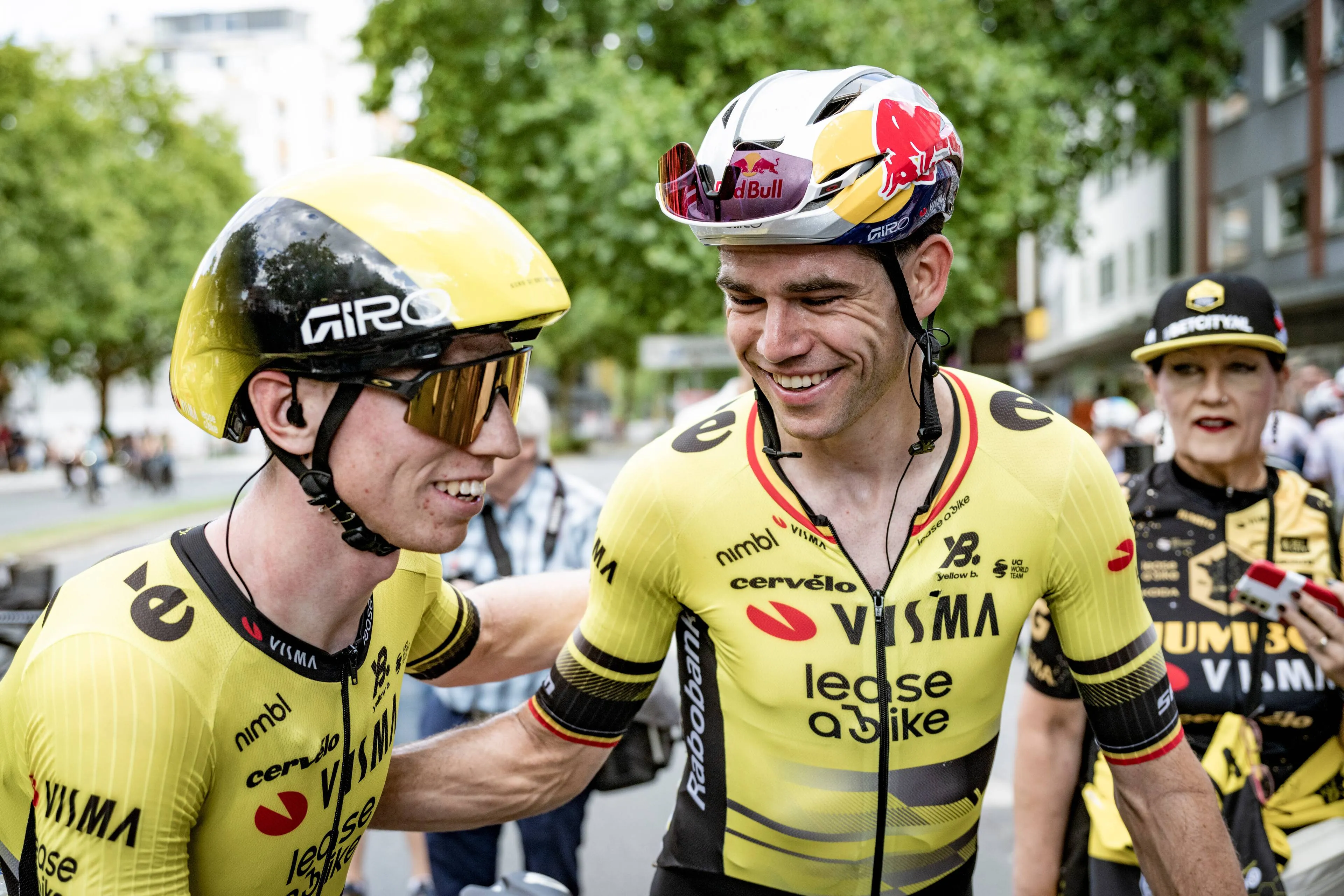"There was obvious interest in watching women’s cycling" - Marion Rousse on the growing importance of Tour de France Femmes ahead of 2024 edition
CyclingSunday, 11 August 2024 at 19:00

The women's World Tour has been getting bigger and bigger over recent years. Key to the development and the growing interest in the women's sport, has been the emergence of the Tour de France Femmes in recent years.
For each of the two editions of the Tour de France Femmes, Marion Rousse has been the one pulling the strings behind the scenes as the female version of Christian Prudhomme in the men's race. "We still had to prove ourselves in the first year, because a lot of people had preconceptions at the beginning," recalls Rousse to Velo. "The Tour came at the right time because women’s cycling had started to develop properly, but it was still economically fragile. Only a few riders were truly professional, so we had to be sure of making a strong impact, and it was only with the media power of the Tour that we managed to do that."
Read also
The added influence of the Tour de France Femmes has come with more TV coverage than ever for women's racing. "With such large audiences, in both France and abroad, the situation has changed," Rousse explains. "On the Dutch NOS TV channel, for example, we had a market share of almost 50 percent during live broadcasts. So, there’s been a real return on investment for all of the partners in women’s cycling, and that’s really significant. The sport’s economy is all the better for it."
This year around, Rousse and the ASO made the call to bring the start of the Tour to the Netherlands, home of both Maillot Jaune winners in Annemiek Van Vleuten and Demi Vollering. "The location of the Grand Départ is obviously critical, particularly this year with it being in the Netherlands. This has given us the opportunity to pay tribute to the role played by Dutch cycling within women’s racing, as it was a pioneering country and is still a driving force in the discipline; it also offers a bit of recognition to all of the great spring classics that are now very much part of the women’s calendar," she explains. "The nicest thing is to be able to piece together a route and then see it working on the big day."
"It’s a job where there’s a lot to learn! I didn’t have any fears exactly, but I didn’t know how the race was going to work at the start. With two years’ experience, you gain confidence in your role and you find your own way of doing things," Rousse concludes. "I feel much more at ease going into this third edition. I’m putting a lot of myself into it, and I actually feel that I need to. And, of course, it’s very rewarding to feel that you’re playing an active role in the development of women’s cycling."
Read also
claps 1visitors 1
Just in
Popular news
Latest comments
- I just hope that he just says that he got cramps and that's it, rather than some long-winded excuse which makes him seem even more of a piece of...
 Rafionain-Glas18-02-2026
Rafionain-Glas18-02-2026 - finally, a team that does something smart. I could never understand why Ineos would like Egan train as he did alone. put a motorbike behind him with an earpiece to call out issues above. same with remco crashing into a postal truck.mij18-02-2026
- Wow, that is not a good sign for Remco. Great win for Tiberi!Pedalmasher18-02-2026
- Great champion Remco but his profile is more suitable for Ardennes-like races and tour with no very hard climbs. Not only Tadej and Vingegaard, there are a lot of younger cyclists (del Toro, Ayuso, maybe Seixas, Nordhagen and others) that will soon be big GC boys.
 maria2024202418-02-2026
maria2024202418-02-2026 - Evenopoel 1st real test, and he failedZamorano18-02-2026
- Remco is not the natural climber that riders like Tadej or Jonas are, no matter how much he trains and prepares for it. Yes, you can TT your way up moderately steep hills, but when the gradient gets super steep, he just can't keep up.
 santiagobenites18-02-2026
santiagobenites18-02-2026 - So against the better riders and a long mountain, Remco cracked. Sorry but way away from Pog and Jonasabstractengineer18-02-2026
- “I was portrayed as the devil" Bruyneel was really a talented team manager. His minor flaws: "coordinated, well-funded, and sophisticated doping regime" "hand-in-hand in implementing the team-wide doping programme" "was involved in trafficking and administering prohibited substances and methods, including EPO, blood transfusions, testosterone, human growth hormone, and cortisone. Teammates testified that nothing significant happened without Bruyneel's knowledge and approval." "fostered an environment where doping was considered a "fact of life" and necessary for success, effectively making it a condition of survival on the team. He also participated in or assisted with the cover-up of positive tests and doping violations." Those quotes show Bruyneel's true talent.Cyclingnut18-02-2026
- Fed up hearing "their" voicesslappers6618-02-2026
- When you join Ineos , learning , time , no pressure go out of the windowabstractengineer18-02-2026
Loading
💥 𝐓𝐎𝐏 𝐂𝐎𝐍𝐓𝐄𝐍𝐃𝐄𝐑𝐒 - 𝐓𝐨𝐮𝐫 𝐝𝐞 𝐅𝐫𝐚𝐧𝐜𝐞 𝐅𝐞𝐦𝐦𝐞𝐬 𝐚𝐯𝐞𝐜 𝐙𝐰𝐢𝐟𝐭 𝟐𝟎𝟐𝟒 📸 @GettySport #TDFF2024 #WatchTheFemmes
Write a comment
